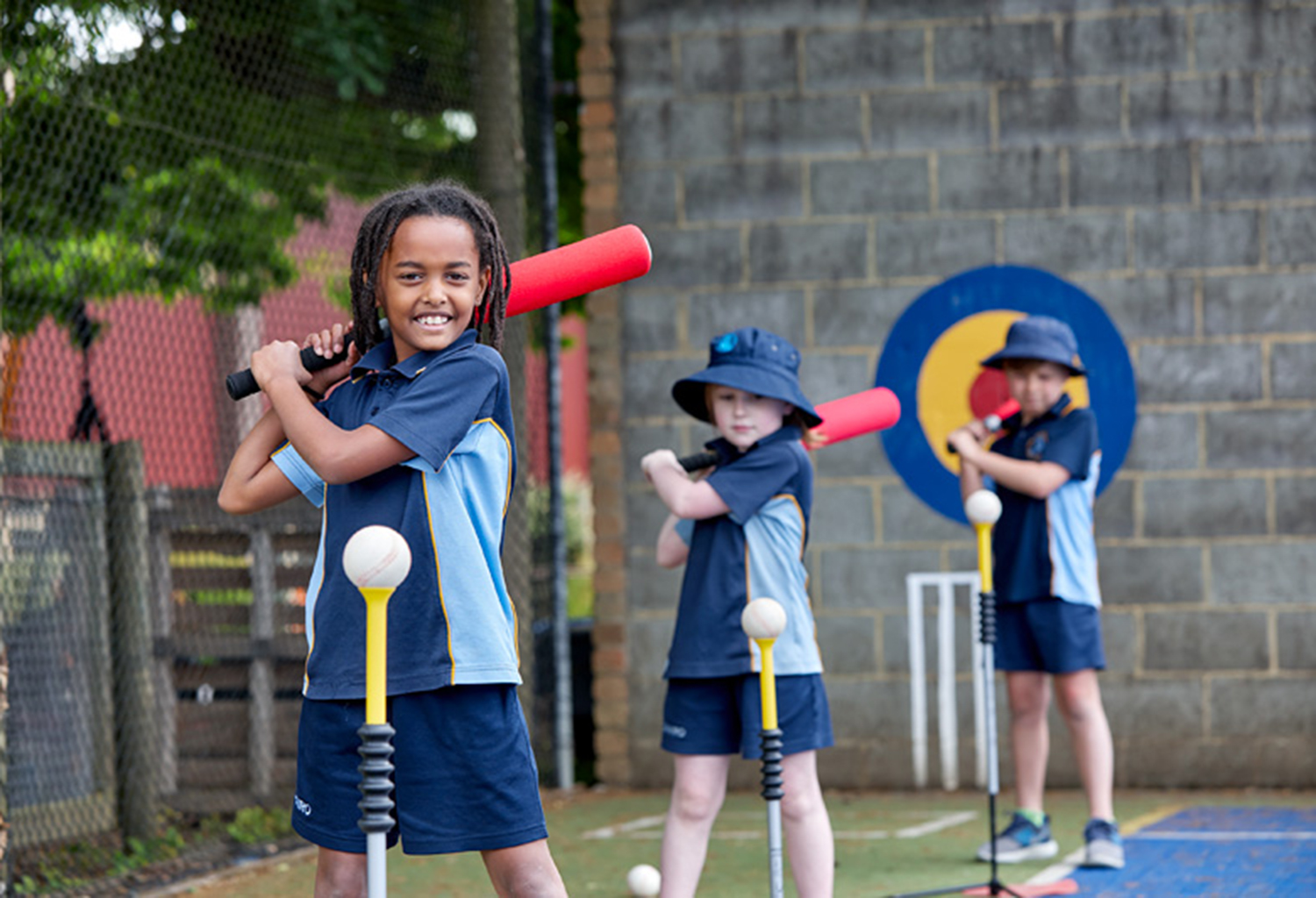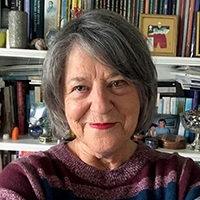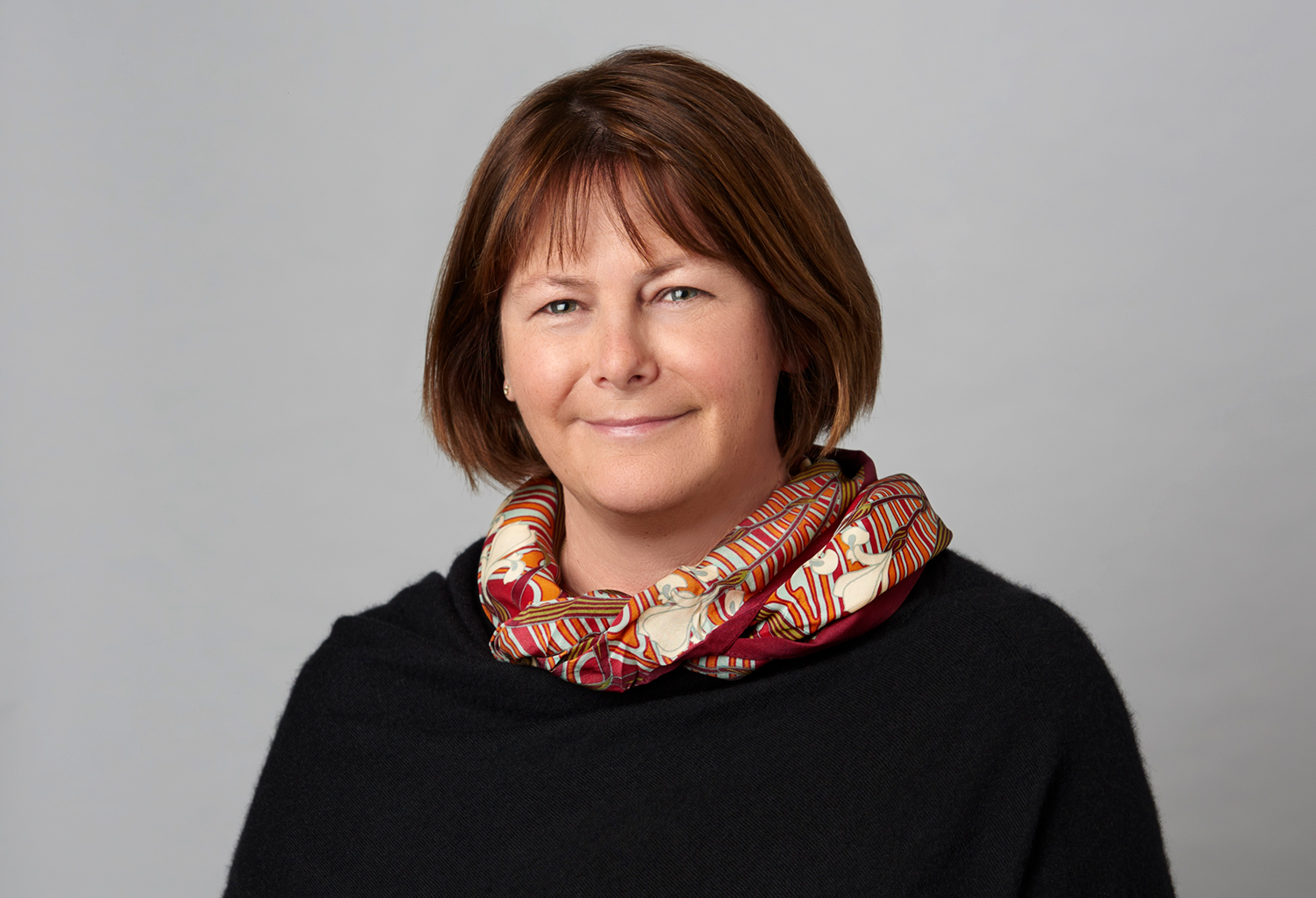Cultivating purpose and meaning in adolescent education

5 min read
Project Wayfinder imagines a world where education enables students to develop lives of meaning, belonging and purpose.
According to Dr Bill Damon from the Stanford Center on Adolescence, the most significant problem growing up today “is not actually stress; it’s meaninglessness” – in other words, a lack of purpose. A question often asked is how well current students cope with major life issues. Apparently, not well. Only about 1 in 5 young people in the United States report feeling connected to any sense of purpose.
Instead, it appears adolescents sleepwalk through their school experience feeling predominantly “tired”, “stressed” and “bored”. Dr Damon and his team lead a growing body of research showing that young adults feel stressed, not just because they have too much to do, but because they don’t know why they’re doing it.
Shining through all of this is the critical importance of an acknowledged ‘purpose’ in one’s life. Dr Damon defines purpose as “a stable and generalized intention to accomplish something that is at the same time meaningful to the self and consequential for the world beyond the self”.
Available evidence suggests that students with a purpose underpinning their behaviours are happier, healthier, more engaged and less stressed than their peers who lack it. Without connection to their intrinsic motivation, or an inner “purpose compass”, today’s youth run the risk of mindlessly chasing external achievement that lacks personal meaning.
“When teens feel purposeful, it has been shown to facilitate identity formation, increase positive attitudes towards diversity and academic engagement, and decrease antisocial behaviour and bullying.”
The key to a meaningful life
Having purpose is fundamental to cultivating a meaningful life. It enables people to explore and understand the basis of their existence and other things central to their lives. When teens feel purposeful, it has been shown to facilitate identity formation, increase positive attitudes towards diversity and academic engagement, decrease antisocial behaviour and bullying, as well as risky behaviour generally. Interventions designed to promote purposeful behaviour have also been found to lead to a significant increase in academic results.
But purpose isn’t just important for young people. Adults who experience purpose report higher levels of psychological wellbeing, hope, resilience and work/life satisfaction. Purposeful people have also been found to live longer and have significantly lower incidences of heart attack, Alzheimer’s disease and stroke. These findings have massive implications for school-based activities, not only for students but also for the adults who guide them.
Developing purpose begins with three types of belonging: feeling connected to yourself, the people around you and the world generally. From this foundation, young people can start to uncover what’s meaningful to them and what they care about. Equipped with these essential pieces of self-knowledge, they can learn to act with purpose and build a life that aligns with their values and makes a positive impact on the world around them.
Reading the natural world to find our way
Wayfinding refers to the knowledge and practices of people who “read” the natural world to travel across vast areas of land and water successfully. Throughout history and all over the world, people have learned to recognise meaningful signs and patterns in nature to help them find their way.
Depending on the location, this knowledge may include detailed mental maps of the starry night sky, subtle changes to weather and climate, the presence or absence of fauna and flora, the nature of ocean currents, the colours of the sea and sky and cloud formations.
In stark contrast, most modern modes of travel are based on a prescribed step-by-step route toward a destination, cultivating journeys that lack a spirit of curiosity.
Wayfinding invites travellers to immerse themselves in their environment. Though overall direction may stay consistent, the exact path a Wayfinder travels may shift to reflect the unfolding landscape, creating an ongoing process of growth and discovery.
“Students learn there is no such thing as a single life purpose, but rather many purposeful arcs that develop during different life phases.”
Introducing Project Wayfinder
Drawing upon purpose-development research, brain science, interviews with “purpose exemplars” and the practices of human wayfinding traditions, Project Wayfinder is an educational community that seeks to answer the urgent call to make meaning, belonging and purpose development a central focus of adolescent education.
Project Wayfinder teaches the “wayfinding mindset” to help young people navigate life with purpose. Students learn there is no such thing as a single life purpose, but rather many purposeful arcs that develop during different life phases. Their purpose will likely change and evolve over time. Students are encouraged to think of purpose as a non-linear and reflective practice, something like a compass they can consult to help them decide the next step to take.
All activities use natural and wayfinding metaphors to honour this mindset and to help young people gain a direct experience of abstract concepts like meaningfulness, belonging and purpose.
Project Wayfinder founder, Patrick Cook-Deegan, believes schools can and must equip students with the tools and experiences to be meaning-makers, purposefully engaged in their own lives and education. Since launching at Stanford University’s d. school in 2015, the program has reached over 15,000 students, 1,000 educators and 200 schools across the US and 18 other countries.
Project Wayfinder’s signature teacher training and student toolkits are their contribution to giving young adults meaningful educational experiences the world over.
Independent Schools Victoria is now delivering Project Wayfinder to schools across Australia. Each toolkit requires a full day of online training enabling you to deliver this year-long curriculum at your school. The last training sessions for this year will be held on 24 and 25 November.
Diane Bourke is a Project Manager at Independent Schools Victoria.


